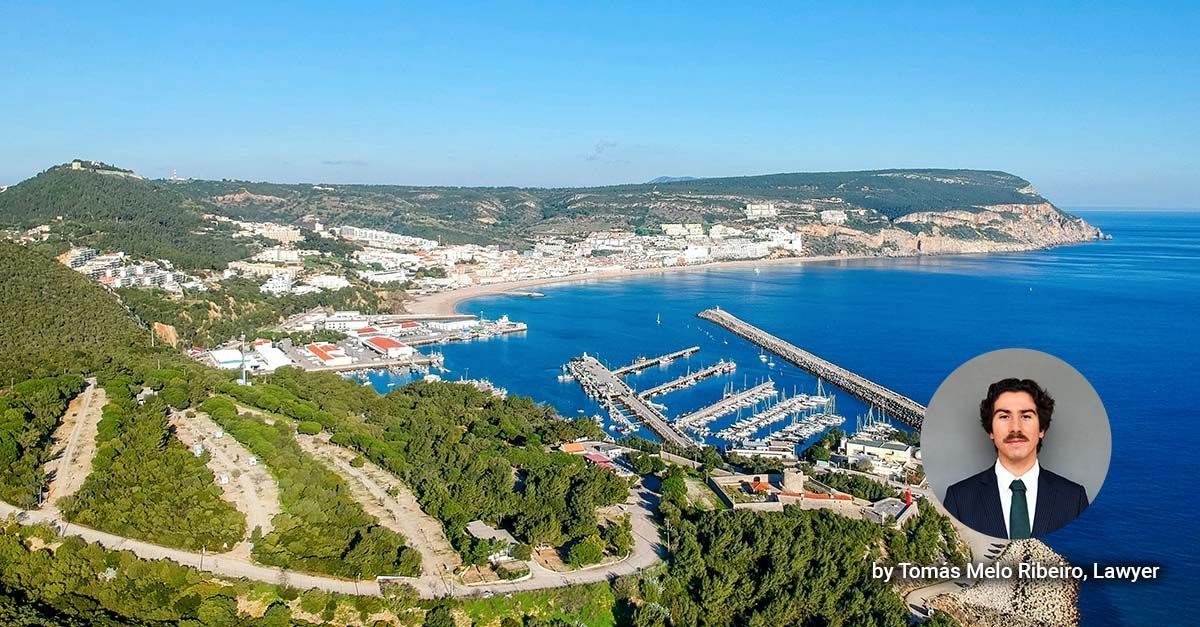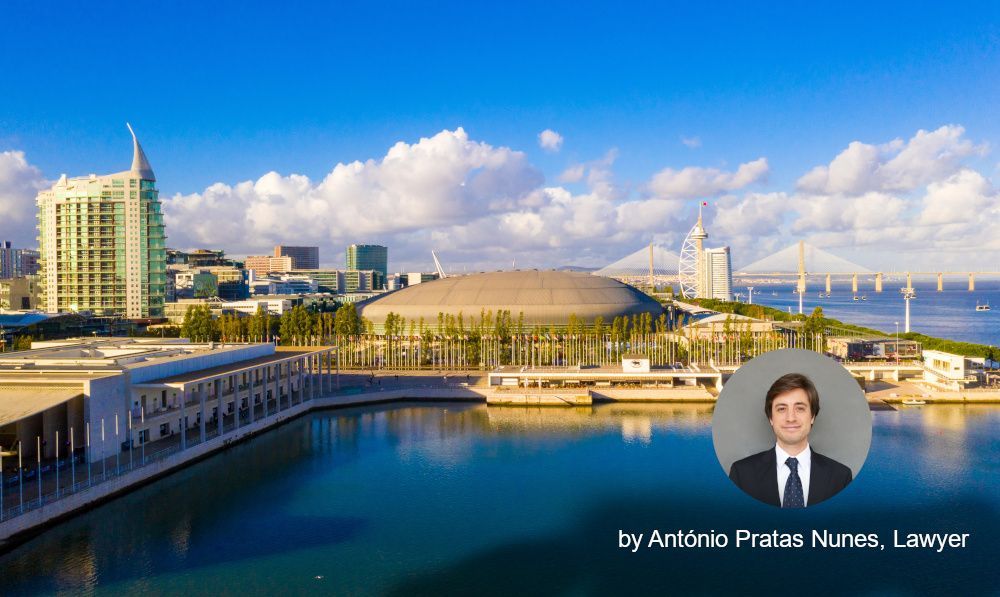Driving in Portugal: Is a foreign driver's licence valid?

Cleuzina Cruz | Paralegal
Driving in Portugal as an Expat can be a thrilling and a convenient way to discover a country of such captivating landscapes with a remarkable blend of natural beauty and cultural richness. However, it is important to be aware of the rules and regulations to ensure a safe and enjoyable experience.
Despite Portugal offering an extensive and user-friendly transport system, holding a valid driving licence is crucial for anyone considering a move to this country. It opens up the opportunity to explore the scenic landscapes stretching from Melgaço to Fuseta.
However, the question remains: Are expatriates in Portugal allowed to use their foreign driver's licences? The short answer is yes, but only temporarily. This article will outline the essential requirements for Expats intending to drive in Portugal.
If you are from a country within the European Union or European Economic Area, your driver's licence will remain valid in Portugal until its expiry date. Under these circumstances, it is essential to register your residence in Portugal with the Institute for Mobility and Transport (IMT) Services in your residential area, and this should be done within a 60-day timeframe.
When registering your residency, the following documents are required:
- Identification document;
- Certificate of Residency (CRUE);
- Driving licence.
In the event your driver's licence comes from a country participating in the International Transit Conventions (Geneva, 1949 and/or Vienna, 1968), you're allowed to drive in Portugal for a tourist duration of 185 days. However, if your plans include taking up residency in Portugal, the following deadlines become relevant, starting from the day your residence permit is granted:
- Within the initial 90-day period, driving with a foreign licence is still permissible. However, you are required to submit a licence exchange request to the Institute for Mobility and Transport (IMT);
- Following the first 90 days but within a 2-year period, you may submit a licence exchange request to the Institute for Mobility and Transport (IMT) Services. However, during this time, you are no longer allowed to drive in Portugal with your foreign licence;
- Following a 2-year period, it is no longer permissible to drive with a foreign driver's licence. If you wish to switch it for a Portuguese licence, it is mandatory to take and successfully pass a practical driving test.
Driver's licences from countries not party to the Transit Conventions are invalid for use in Portugal. In such instances, the driver can opt to exchange their current licence for a Portuguese one. However, in addition to meeting all the stipulated exchange requirements, they are obliged to successfully complete a multimedia theoretical test and a practical driving examination for each driving category they possess.
Since August of 2022, drivers from CPLP - Community of Portuguese Language Countries and OECD - Organization for Economic Cooperation and Development countries do not need to exchange their driver’s licences for a Portuguese one.
The countries that are covered by this regime are:
- Angola, Australia, Brazil, Cape Verde, Canada, Chile, United States of America, Iceland, Israel, Japan, Mozambique, New Zealand, United Kingdom, Republic of Korea, São Tomé and Príncipe, Switzerland and Turkey.
Despite holding a Residence Permit in Portugal, an exchange of your licence for a Portuguese one is unnecessary if the following conditions are met:
- You are under 60 years of age;
- You meet the minimum age requirement in Portugal for operating vehicles of the category(ies) stated on your foreign licence (refer to the age table for each category);
- Your foreign driving licence is currently valid;
- No more than 15 years have elapsed since the issuance or last renewal of your foreign licence;
- The country that issued your licence is a signatory to the Transit Conventions or maintains a bilateral agreement with Portugal;
- Your foreign driving license has not been confiscated, suspended, expired, or revoked either in Portugal or the country of origin.
Should you possess a licence from a European country, a member of the European Economic Area, a CPLP, or an OECD country, and wish to exchange it, the process aligns with that for licence holders from countries party to the Conventions. For this, you will need to provide the following documents:
- Digital Medical Certificate;
- Psychological Evaluation, required if you wish to include the heavy vehicle categories on your foreign licence in the Portuguese one;
- Residence Permit;
- Licence Authenticity Certificate, provided by the original issuing entity or consular service;
- Certified translation of the driving licence by the consular service of Portugal or another member state in the respective country, in the case its content is not in Portuguese, French, English or Spanish.
You must be aware that these documents will also be needed for drivers with licences from countries that are not signatories to the Transit Conventions.
After submitting the necessary documents, drivers should anticipate receiving communication from the IMT instructing them to visit a local office in their area of residence for biometric data collection. On the appointed day, drivers must present their current driving licence, which will be forwarded to the issuing country's authority. In exchange, a temporary driving licence for Portugal will be issued, valid for an initial period of 6 months. This temporary licence can be extended for another 6 months until the Portuguese driving licence is issued.
The Portuguese driving licence will then be carefully sent to the driver's designated address, by registered mail.
As a note of conclusion, exchanging a foreign driving licence for a Portuguese driving licence is a crucial and an essential step for individuals who choose to make Portugal their new home. It signifies a formal recognition of their driving qualifications and aligns them with the legal requirements and regulations of the country. This process not only ensures compliance with Portuguese traffic laws but also grants drivers the ability to fully and confidently navigate the roads of Portugal. It carries practical significance as it enables residents to freely drive and operate vehicles within the country without any legal impediments. Moreover, obtaining a Portuguese driving licence contributes to a smoother integration into the local community and facilitates various aspects of everyday life, such as commuting, leisure activities, and professional engagements.
If you have further questions regarding this matter, get in touch with us and we will be delighted to assist you.











